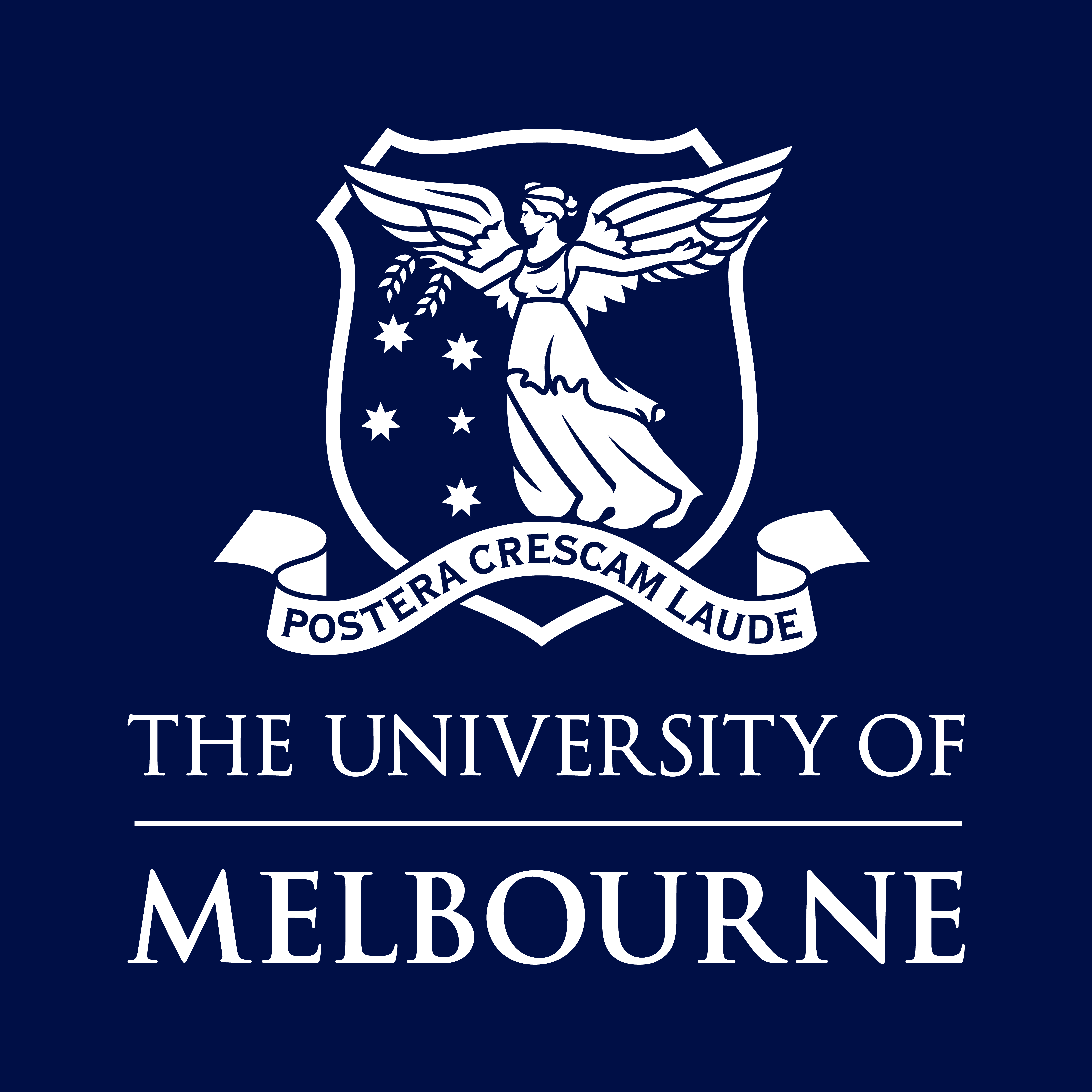
Rapid innovation in key industrial technologies has found a receptive home and willing partner in the transport sector. These technologies include wireless connectivity, automation, artificial intelligence, big data, cloud computation, cybersecurity, machine vision, electrification and internet of things.
When it comes to automated vehicles (AVs) – a massive global commercial opportunity – the traditional automotive development process has been disrupted. Rapid learning cycles need to engage increasing numbers of real users, and need to occur in ever-widening operating environments of roadway systems, transport systems, communities, policy settings and geography. Purpose-built off-roadway testing facilities are used in combination with on-roadway test environments, “living labs” and heightened simulation capabilities. Facilities may include aspects of traffic operation, as well as connections to public transit, actions of vulnerable road users, and emerging modes such as micromobility. New performance guidelines and standards are being developed for AVs, and a wide range of manufacturers are carrying out relevant testing. At the same time, global enterprises that standardize vehicle safety ratings are including the new vehicle technologies in their assessments.
This session will showcase the developing activities of leading test beds and provide an informed view of AV safety, traffic efficiency and consumer acceptance.
Recording
Panellists
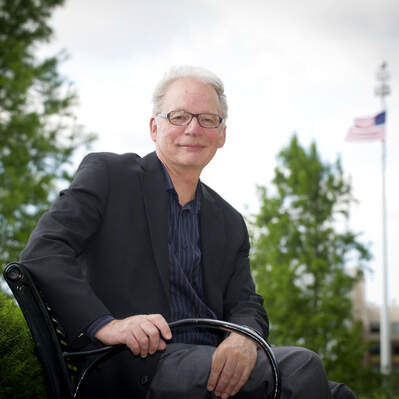
Dr Peter F. Sweatman
Enterprise Professor in Transport Technologies / The University of Melbourne
Dr Sweatman has over 30 years of experience in transportation research and innovation, and the application of R&D. That experience encompasses vehicles, drivers, and infrastructure and impinges on technology, policy, and strategic planning. He is a trusted international voice on connected and automated vehicles, safety, ITS, transportation research and education, and freight technology and policy. He has worked extensively in Europe and Asia-Pacific as well as the United States.
Dr Sweatman is the recipient of the 2020 Max Lay Lifetime Achievement Award, read more here.
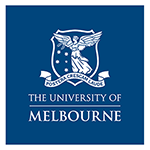

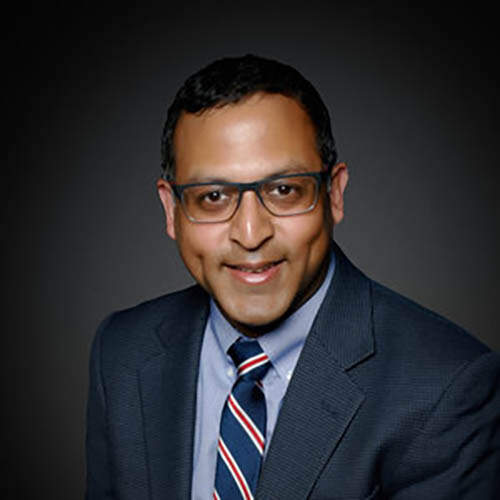
Reuben Sarkar
President & CEO / American Center for Mobility (ACM)
Reuben Sarkar serves as the president and CEO for the American Center for Mobility (ACM). He joins with more than two decades of experience in transportation innovation in corporate, government, and entrepreneurial roles.
Most recently, Reuben was Chief Product Officer for Forge Nano, a corporate venture-backed start-up whose portfolio included advanced materials for EV batteries and fuel cells. Formerly, he was Deputy Assistant Secretary of Transportation for the U.S. Department of Energy, Office of Energy Efficiency and Renewable Energy (EERE), where he oversaw more than $1.8B of R&D investments into the sustainable transportation sector through their Vehicle, Fuel Cell, and Bioenergy Technologies Offices. While at U.S. DOE, he established EERE’s focus on mobility systems.
Before joining EERE, he worked at Proterra Inc., a leading manufacturer of electric buses, where he led the development of their 1st generation 35-foot all-electric bus and fast charging station as well as product planning for their 2nd generation 40-foot electric bus that are in transit fleets today. Prior to that, Reuben spent more than a decade at General Motors where he was the lead engineer on the 1st generation electric drive unit for the Chevy Volt.
Reuben is a Senior Fellow at the U.S. Council on Competitiveness and is a Venture Partner in the Sustainability Practice at Ridge-Lane LP. He holds both Bachelor and Master of Science degrees in chemical engineering, as well as an MBA with high distinction, all from the University of Michigan in Ann Arbor.

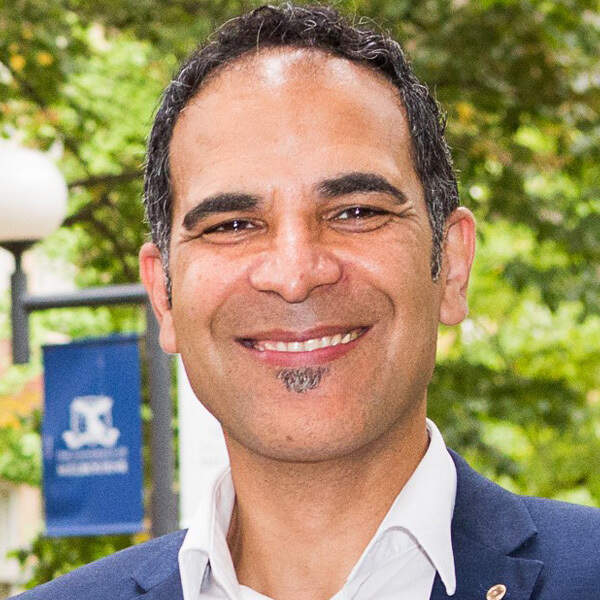
Professor Majid Sarvi
Director, AIMES / The University of Melbourne
Professor Sarvi is the chair in transport engineering and the director of Transport Technology program at the University of Melbourne. He is the founder and director of the Australian Integrated Multimodal EcoSystem (AIMES). AIMES is a world first; a grid mapped with smart sensors to test emerging, multimodal connected large-scale transport technologies in a complex urban environment.
Through AIMES, Professor Sarvi is bringing the transport network together, collaborating with more than 50 domestic and international partners from industry and government. AIMES’ key objective is to deliver safer, more efficient and sustainable transport solutions for all road users to enable smarter cities to thrive.
Professor Sarvi has more than 25 years of professional, academic and research experience in the areas of intelligent transport systems. His research is multidisciplinary with an international outlook applying theory to combat real-world challenges. His expertise covers a range of topics, including: Artificial Intelligence in Transport, connected and automated multimodal transport systems and CITS.
He has been the author/co-author of over 350 refereed publications in top transportation journals and various conference and symposia proceedings. He currently serves on the editorial board of several journals including Transportation Research Part B, Transportation Research Part C, and Transportmetrica.




